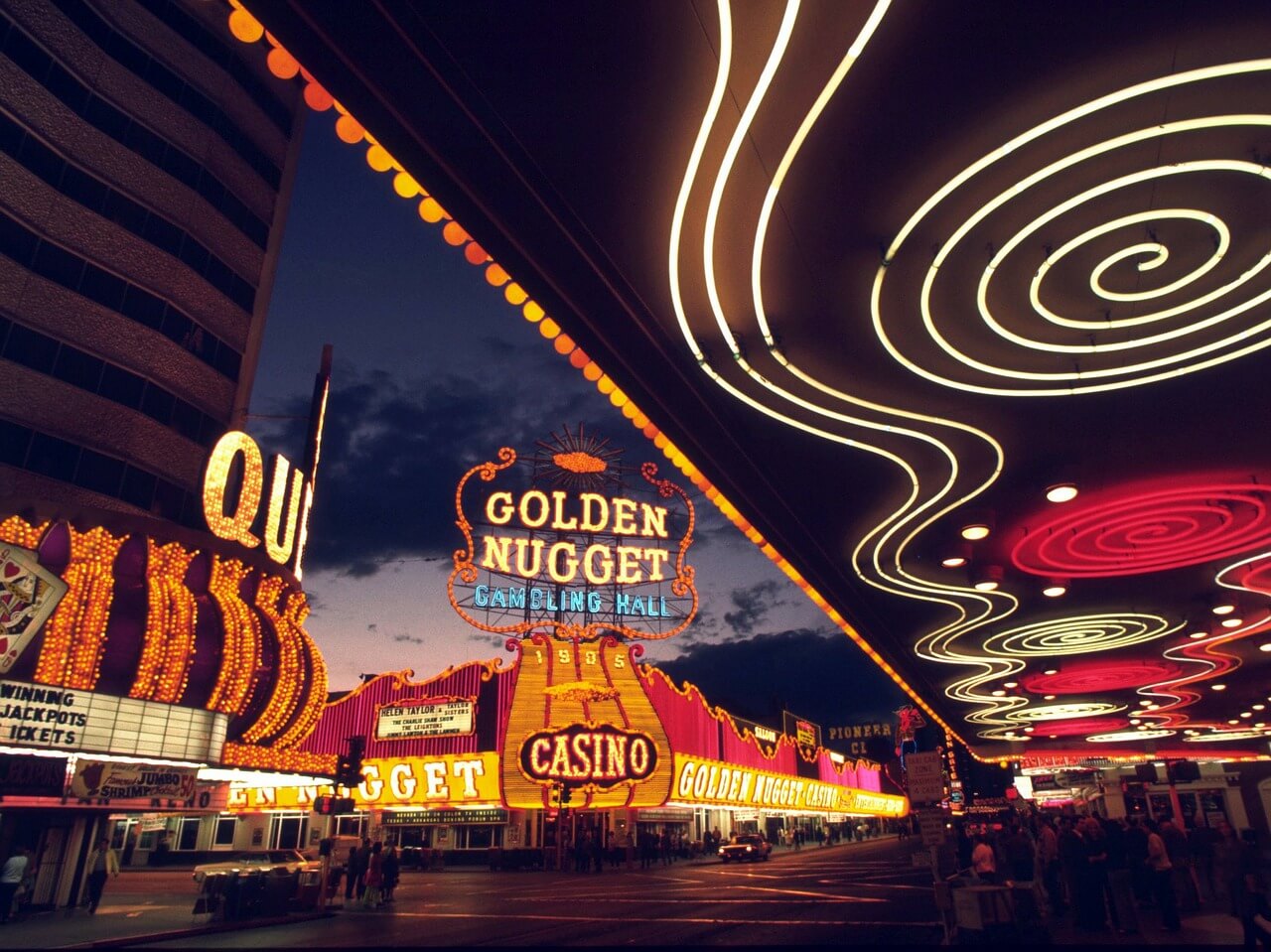The manner in which Gaming Experiences Represent our Humanity's Experience

Casino entertainment have long been an integral part of human culture, providing not just entertainment but a captivating reflection of our aspirations, wishes, and concerns. From the turning reels of a slot machine to the tactical play of poker, these games embody a variety of human sentiments and events. At their core, casino games are more than a chance to make profits; they are a microcosm of life itself, where risk and reward converge and luck can change in an eye blink.
As players convene around tables or sit in front of brightly lit machines, they participate in a ritual that transcends mere playing. These games echo our innate desires for social interaction, adventure, and the pursuit of luck. They also unveil deeper truths about human behavior, such as our relationship with chance and the thrill of the unknown. In exploring casino games, we discover not only the nuances of play but also the complex weave of the human journey, showcasing our interconnected narratives of goal and reality.
The Psychology of Gambling
Gambling is deeply rooted in the psyche of individuals, appealing to various emotions and wants. The excitement of risk-taking is a core aspect that draws players in, whether the thrill of spinning a roulette wheel or the excitement of drawing a winning card in poker. This adrenaline is frequently likened to other forms of thrill, as the uncertainty of outcomes elicits a unique psychological response. Gamblers often become entranced by the chance of striking it rich, leading to an irresistible draw toward gambling games.
Additionally, an essential component of the psychology behind gambling is the concept of hope and ambition. Participants often indulge in dreams of financial freedom and the opulent lifestyle that can follow winning. This hope fuels their ongoing participation in casino games, as it provides a sense of meaning and the conviction that a life-changing win could be just one wager away. The narrative of beating the odds and achieving success resonates with many, strengthening their dedication to play and involve themselves with these games.
Lastly, social dynamics play a crucial role in gambling psychology. Casino environments are designed to promote social interaction, where gamblers gather to share the journey of wins and losses. This communal aspect not only enhances enjoyment but also influences behavior, as individuals often imitate the actions of others around them. The collective approval found in mutual thrill can magnify the emotional experience, making casino games a reflection of not just personal desires but also shared involvement within the gambling community.
## The Dual Nature of Risk and Reward
Gambling games embody the fragile balance between risk and reward that resonates profoundly with human psychology. The thrill of placing a bet is often accompanied by a surge of excitement, as gamblers are confronted with the chance of a huge payout, yet fully aware of the possibility to lose. This bipartisan experience reflects a core aspect of life: the decisions we face often come with intrinsic risks, and the quest for benefit can push us to embrace risks we might not otherwise consider. In this way, gambling activities mirror real-world decisions, enticing gamblers to risk not just their funds, but also their dreams.
The allure of grand jackpots and payouts fuels a wave of hope, inspiring players to envision a better future that could manifest from a single victorious spin of the roulette or dealing of a hand. This hope can drive individuals to engage in more daring actions, urging them to take greater risks in search of economic benefit. However, just as in life, the results of these decisions can lead to both triumph and despair. The stories of both big winners and those who have faced losses everything at the tables demonstrate the chaotic nature of luck and its impactful effect on our existence.
Ultimately, the interaction of engaging with gambling activities serves as a vivid illustration of the human condition. Every game played is loaded with the tension of ambiguity, as gamblers weigh the rewards against the risks. This balance not only highlights the excitement that comes with betting but also reveals the risks that come with the desire for more. As we navigate the complexities of decision-making and consequence in both the gambling world and in life, we find that the search for benefit shapes our identities and experiences in profound ways.
Community and Loneliness in Casino Environment
Casino environment is a unique mix of communal engagement and individual endeavor, reflecting the tensions of individual experience. good 88 Gamblers often gather around tables, sharing in the thrill of the game, rejoicing in wins, and sympathizing over losses. This communal aspect is essential, as it establishes a sense of belonging and camaraderie among diverse groups of people. Regular visitors to casinos may form friendships and develop routines, turning the gambling venue into a second home where they experience linked to a greater community of gamblers.
However, the allure of casino games can also lead to isolation. As individuals become immersed in the excitement of gambling, they may withdraw from personal connections or fail to interact with the environment outside the casino. For some, the search of a windfall can overshadow real connections, leading to isolation. The experience of being among people yet feeling solitary is not uncommon, as the focus shifts from shared enjoyment to the private concerns of each player’s path.
This interaction of community and solitude creates a rich mosaic that defines casino culture. It showcases the complexity of human interactions, where joy and sorrow coexist. Gambling venues serve as both a refuge for social engagement and a stage for individual challenges, demonstrating how intimately connected our yearning for companionship and the individual quest for fortune can be. In navigating this landscape, players confront their own narratives—seeking both the rush of the wager and the companionship of fellow players, ultimately mirroring the wider spectrum of human experience.
